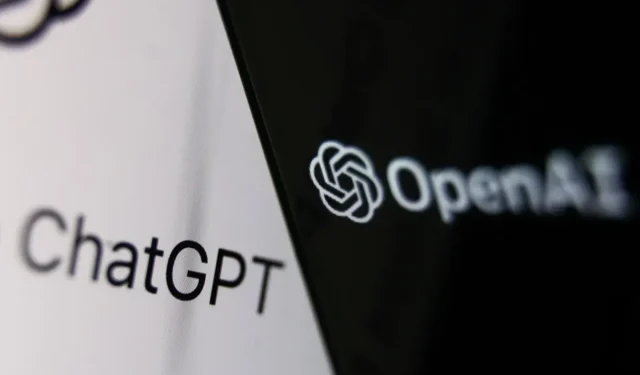China’s Biggest Search Engine Launches Competitor ChatGPT

Chinese giant Baidu is about to launch a competitor to ChatGPT. The great battle of artificial intelligence has just begun.
According to a recent Bloomberg report, Chinese search giant Baidu is set to bring an artificial intelligence service similar to ChatGPT to the market. It will be based on the company’s Ernie system, a large-scale machine learning model trained over several years that “excellently understands and generates natural language,”Baidu said in 2021.
Chinese giant Baidu is about to launch a competitor to ChatGPT
OpenAI’s ChatGPT has been gaining momentum for several weeks now thanks to its impressive ability to answer very open-ended questions, write like a human, or write computer code. Microsoft invested $1 billion in OpenAI in 2019 and is currently working on integrating aspects of ChatGPT into its Bing search engine.
Google, for its part, sees this technology as a threat to its highly profitable search business and has decided to accelerate the development of its own conversational AI technology. The US giant’s CEO Sundar Pichai has even red-coded ChatGPT and is preparing to showcase no less than 20 AI products as well as a chatbot for his search engine during his I/O conference next May.
The great battle of artificial intelligence has just begun
Baidu, for its part, has stagnated somewhat in its growth in search and sees apps like ChatGPT as a means to undermine its competitors. “I am very happy that the technology that we think about every day can capture the attention of so many people. It’s not easy,”he said during an exchange last December, according to a transcript found by Bloomberg.
ChatGPT has received overwhelmingly positive attention, but its shortcomings have not gone unnoticed. American tech blog CNET, for example, has been forced to correct articles written by artificial intelligence due to errors and other fears of plagiarism. Public schools in New York City recently banned ChatGPT over fears of fraud because the system produces text that is hard to distinguish from real students.
Leave a Reply